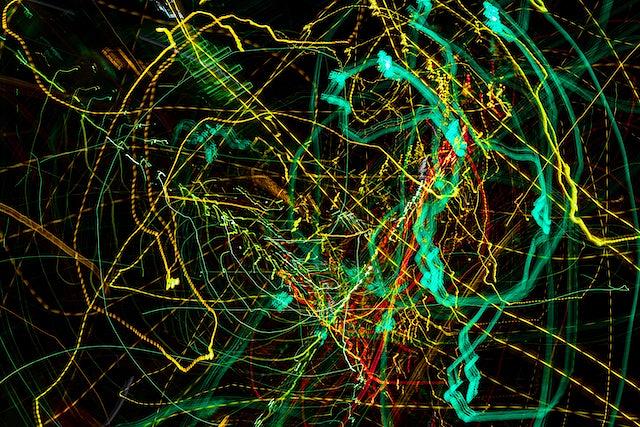-
-
Introduction
-
Brownian Motion
-
Types of Random Walks
-
-
-
Root Mean Square Displacement
-
-
-
Role of the Spatial Dimension
-
-
-
Part I
-
Part II
-
Part III
-
Part IV
-
A poor person's fluctuation dissipation relation
-
-
-
Part I
-
Part II
-
Part III
-
-
-
First Passage Phenomena
-
-
-
Part I
-
Part II
-
-
-
Final Remarks
-
-
-
Homework
-
Homework Solutions
-
4.1 Part I » Quiz Solutions
4.1 Q1
Consider a 10-step symmetric nearest-neighbor random walk in one dimension.
(a) What is the probability that the walk is at x=10?
4.1 Q2
Consider a 10-step symmetric nearest-neighbor random walk in one dimension.
(b) What is the (approximate) probability that the walk is at the origin?
4.1 Q3
(Harder) Consider a 6-step nearest-neighbor random walk in one dimension in which the
walk hops to the right with probability 2/3 and hops to the left with
probability 1/3.
(a) What is the probability that the walk is at x=6?
4.1 Q4
(Harder) Consider a 6-step nearest-neighbor random walk in one dimension in which the
walk hops to the right with probability 2/3 and hops to the left with
probability 1/3.
(b) What is the (approximate) probability that the walk is at the origin?

